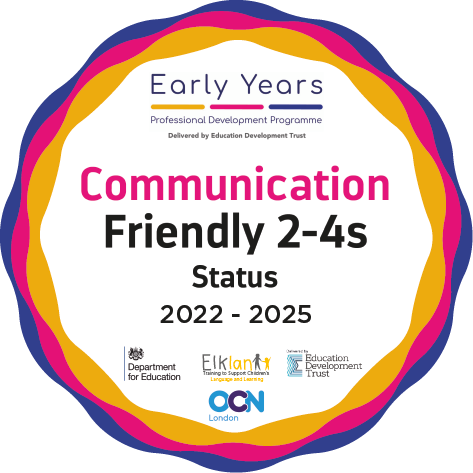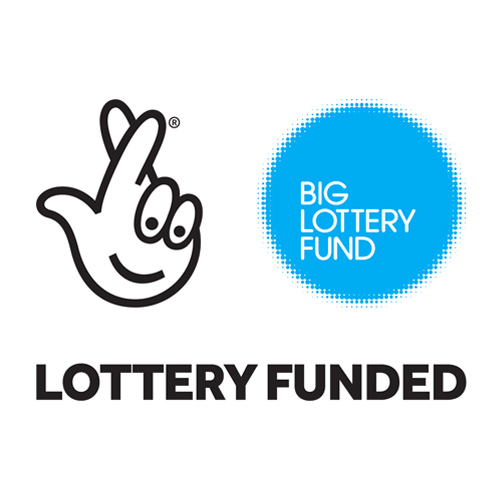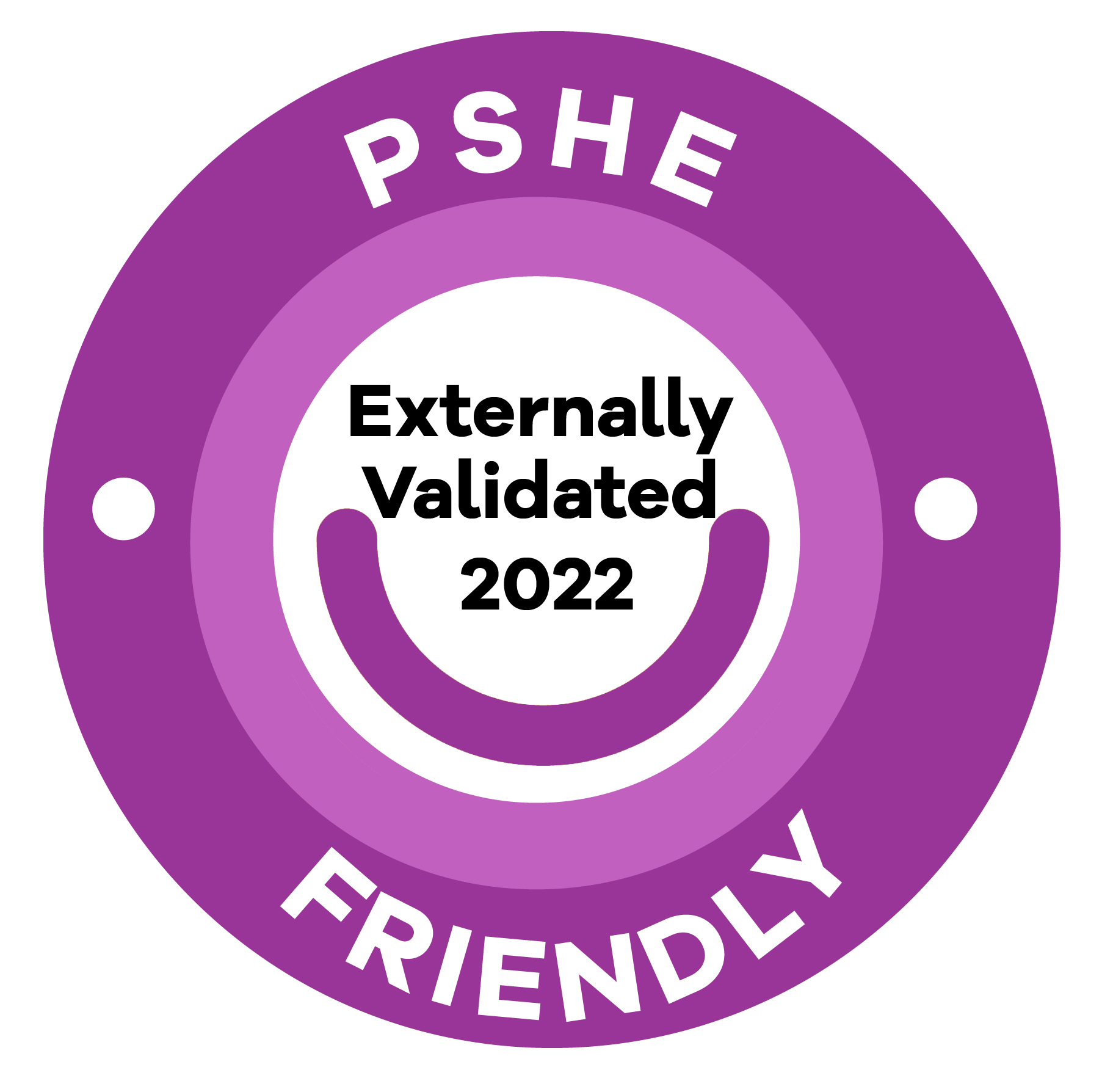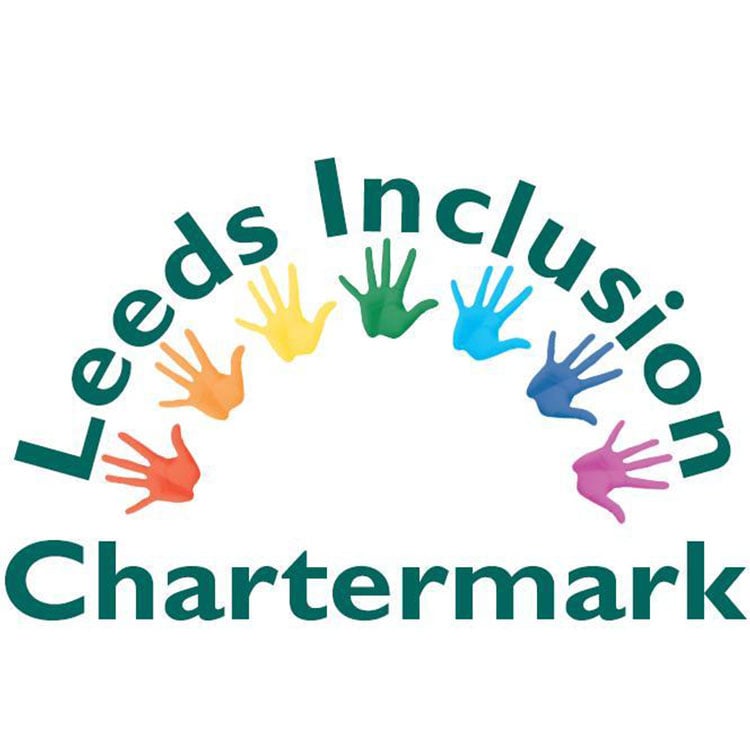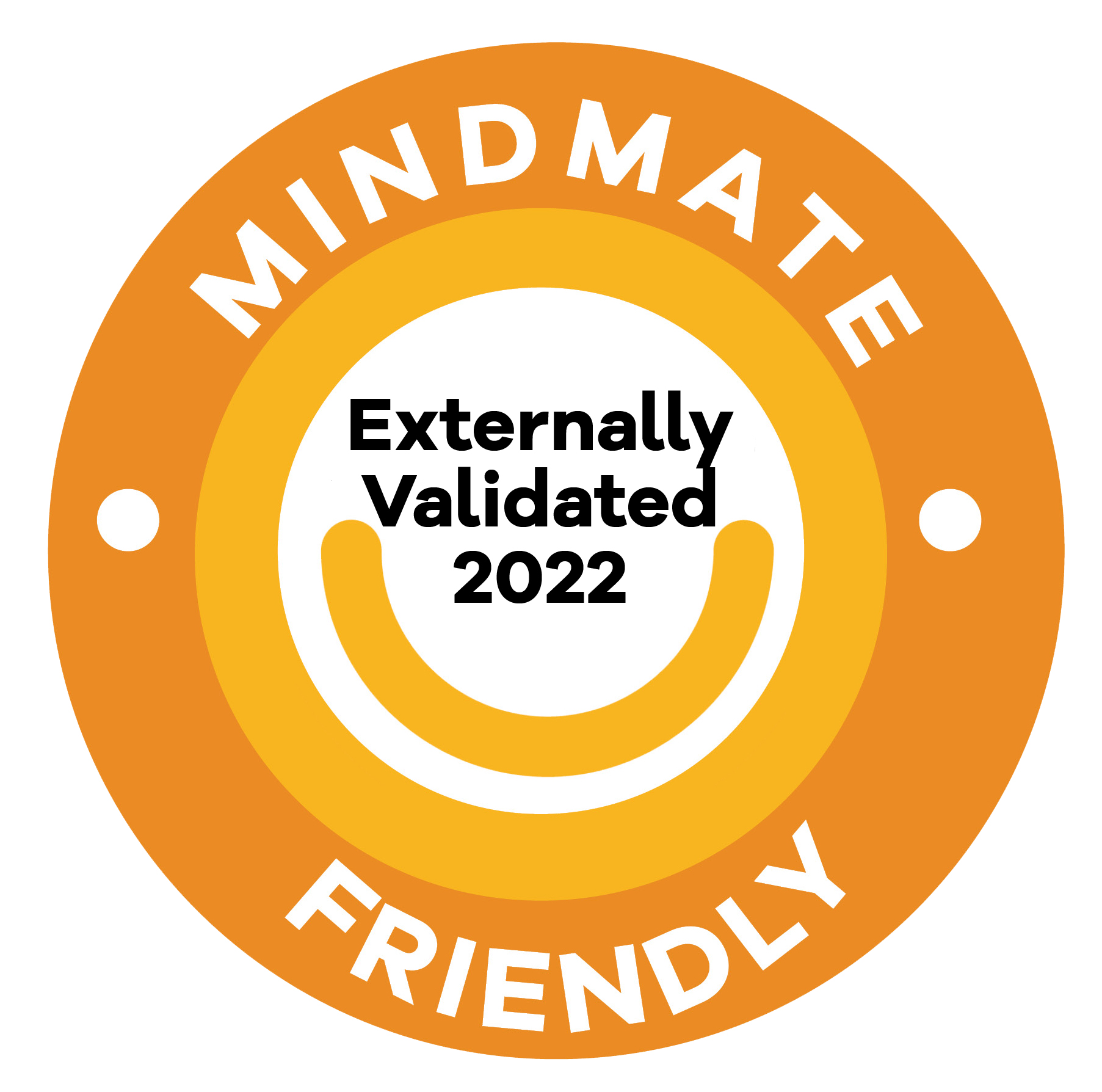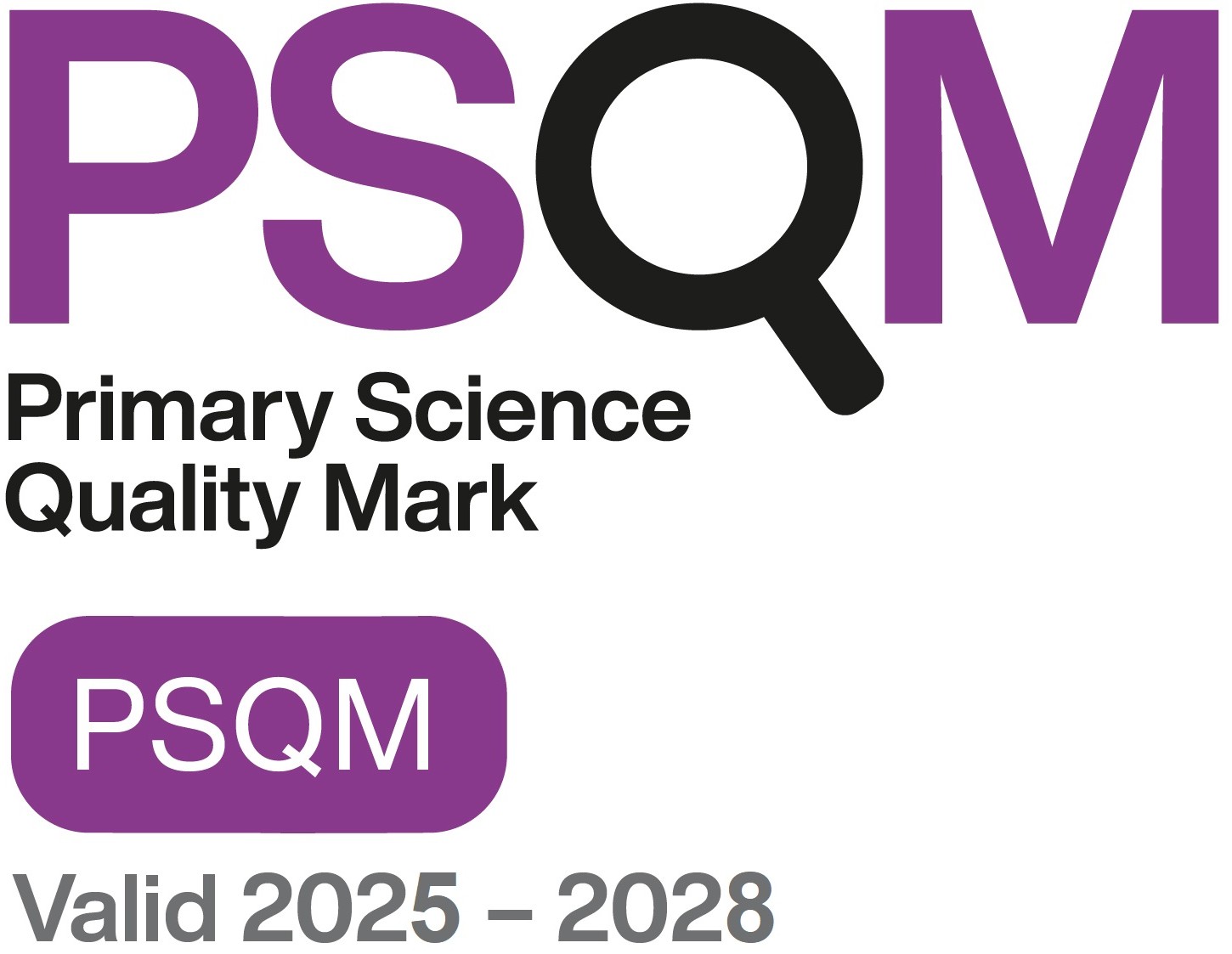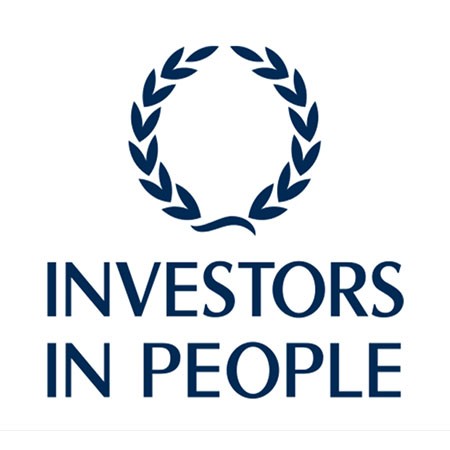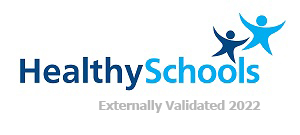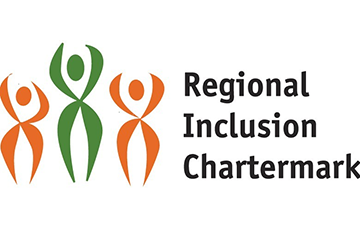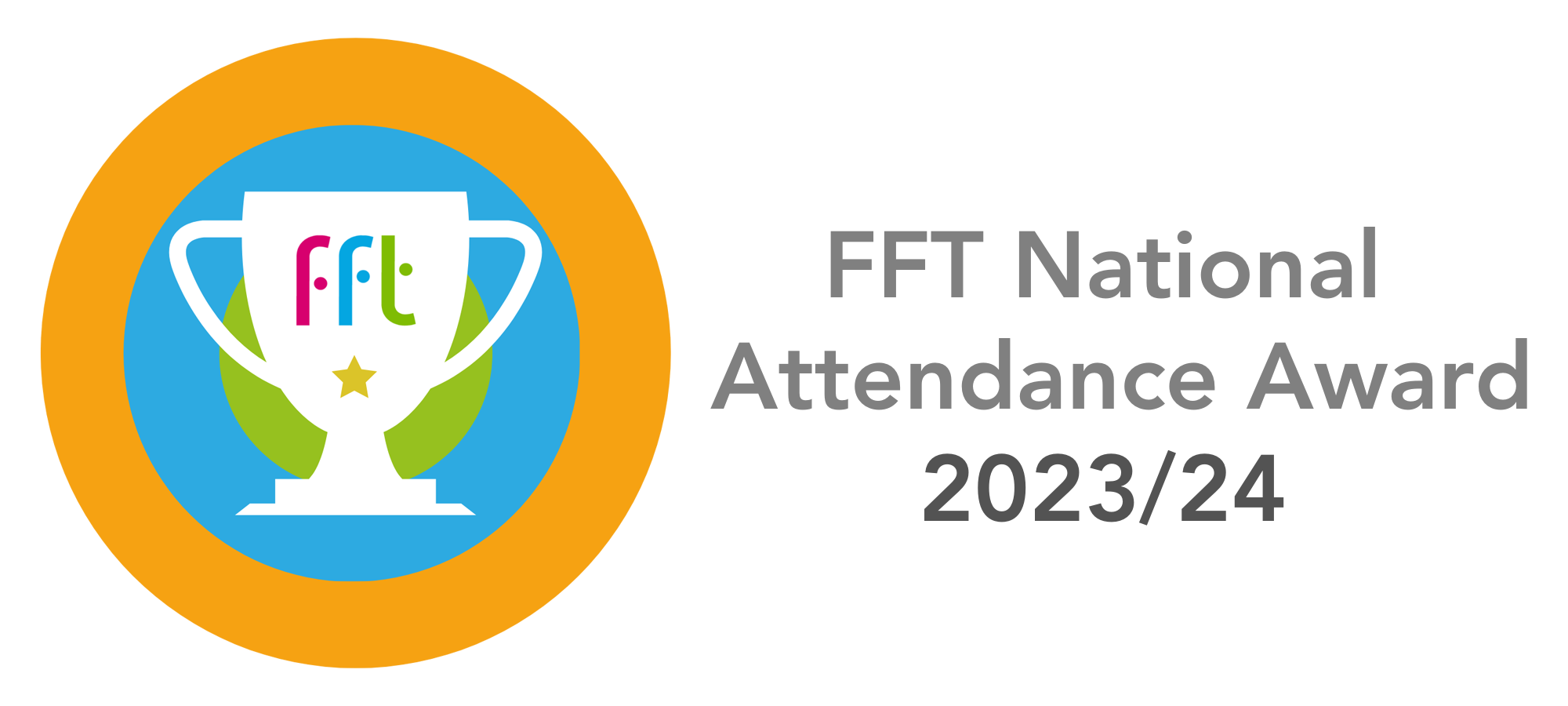A Curriculum of Excellence from the Heart of Leeds
The Shakespeare ‘Curriculum of Excellence from the Heart of Leeds’ prepares children to be able to understand and influence the world in which they live. 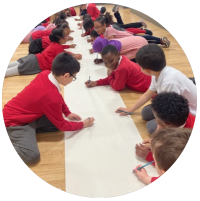
It is an exciting, dynamic and experiential curriculum with a focus on securing a deep understanding of all relevant knowledge and skills. It is designed to have a rigorous focus on developing excellent basic skills in English and mathematics, whilst also developing young people with a clear understanding of the positive role they can play in shaping the world around them.
As a Leeds school in the heart of the city we want our children to contribute to towards:
- Building a community where there is respect, understanding and tolerance.
- Developing connections between communities locally, nationally and globally.
- A society in which they are active citizens, taking care of the environment and their neighbours who live in it.
- Making Leeds a safe, clean, green city
- Improving their own physical and mental well-being by taking an active and informed role in all areas of their personal development.
Curriculum Design and Assessment
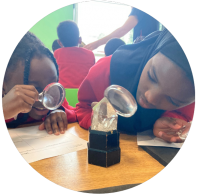 The National Curriculum sets expectations for what schools should teach and provides the starting point for our curriculum (which is then designed for our school context) design. In our 'Curriculum of Excellence from the Heart of Leeds', the organisation of knowledge is arranged vertically from the beginning of Early Years to the end of Year Six. Consideration is given to how each learning experience relates to one another over time and how subjects connect to embed our curriculum essentials of golden themes, our place based 'Leeds Curriculum' and The Shakespeare 60. The desired knowledge and skills for each subject is mapped to ensure progression and identified on subject progress grids.
The National Curriculum sets expectations for what schools should teach and provides the starting point for our curriculum (which is then designed for our school context) design. In our 'Curriculum of Excellence from the Heart of Leeds', the organisation of knowledge is arranged vertically from the beginning of Early Years to the end of Year Six. Consideration is given to how each learning experience relates to one another over time and how subjects connect to embed our curriculum essentials of golden themes, our place based 'Leeds Curriculum' and The Shakespeare 60. The desired knowledge and skills for each subject is mapped to ensure progression and identified on subject progress grids.
Teacher assessment is designed considering workload, to help teachers to know children’s strengths and weaknesses, identify misconceptions and understand more about each child’s prior learning. Through the assessment process, teachers can plan work which is matched to children’s abilities. Teacher assessment allows children opportunities to show what they can do. Some children will show what they can do by talking, some by writing and others by doing. Teachers use a variety of different ways to make sure that all children are given opportunities to show what they know and understand as detailed below.
Prior Learning
The first lesson in each new project activates and assesses prior learning. For example, the Year Five project on the Kingdom of Benin begins by revisiting the theme of trade as explored in the Year Four Saxons and Vikings project. The first lesson may also include a ‘cold’ task to identify children’s starting points particularly in PSHE writing, art, computing and design technology.
Please click here to see an overview of our projects.
Knowledge Organisers
Each project has a knowledge organiser for the subject driver which identifies the project questions and the essential knowledge required to answer them. Being able to answer these questions by the end of each project shows knowledge has been remembered. Meaningful and repeated exposure to key knowledge is important in promoting remembering. This is achieved by:
- Every child having their own copy and reading it everyday
- Every parent having a copy, complete with related home learning activities
- Every classroom displaying the knowledge organiser and key vocabulary
- Knowledge organisers being used as fluency texts within English lessons and as a point of reference in the wider curriculum
Formative Assessment Tools
The remembering of essential knowledge is assessed throughout each project to inform next steps in teaching using some of the following routine assessment procedures:
- low stakes quizzes (Kahoot, Oddizzi etc)
- knowledge checkers (streamlined presentation of mini multiple choice questions)
- cloze procedures
- flashback four (questions from the previous half term, previous academic year, previous week and related prior learning)
- odd one out and 'in a nutshell' style questions
Through consistency in presentation of assessments in each year group, cognitive load is reduced giving children opportunity to show their understanding.
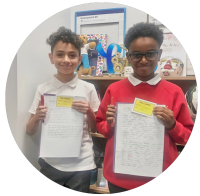 Extended Writing
Extended Writing
Children write at their best when they write about what they know, using knowledge they’ve learned. One piece of non-narrative writing in English in the second half of each half term focuses on children drafting written answers to the project questions.
Assess, Analyse, Address
The ‘big write’ along with the mid project review, will help identify any key knowledge not yet learnt and which children need further support. Gaps in understanding are addressed in mastery sessions, interventions, teacher guided groups, whole class feedback and pre-teaching sessions.
Phase and subject leaders review learning in projects across year groups every half term by looking at children’s work and talking with children about what they have remembered and understood. Subject leaders use progress grids in this process providing a clear understanding of attainment within the subject.
Inclusive Assessment
For children with Special Educational Needs and children at the early stages of language acquisition, teachers provide a variety of opportunities for children to show what they know. Learning experiences are adapted to remove barriers with careful consideration given to personalised, realistic, measurable targets. 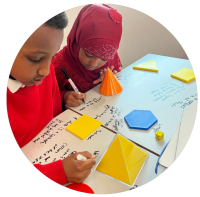
Assessment of Core Subjects
In Reading, Writing, Maths, Science and PE pupil progress is tracked and recorded using subject specific assessment frameworks to identify and support all children needing extra support to develop key skills.
For more information on statutory assessments and the assessment of core subjects please see our Assessment Policy and Practice document available on the policy page of our website or contact the school office.

